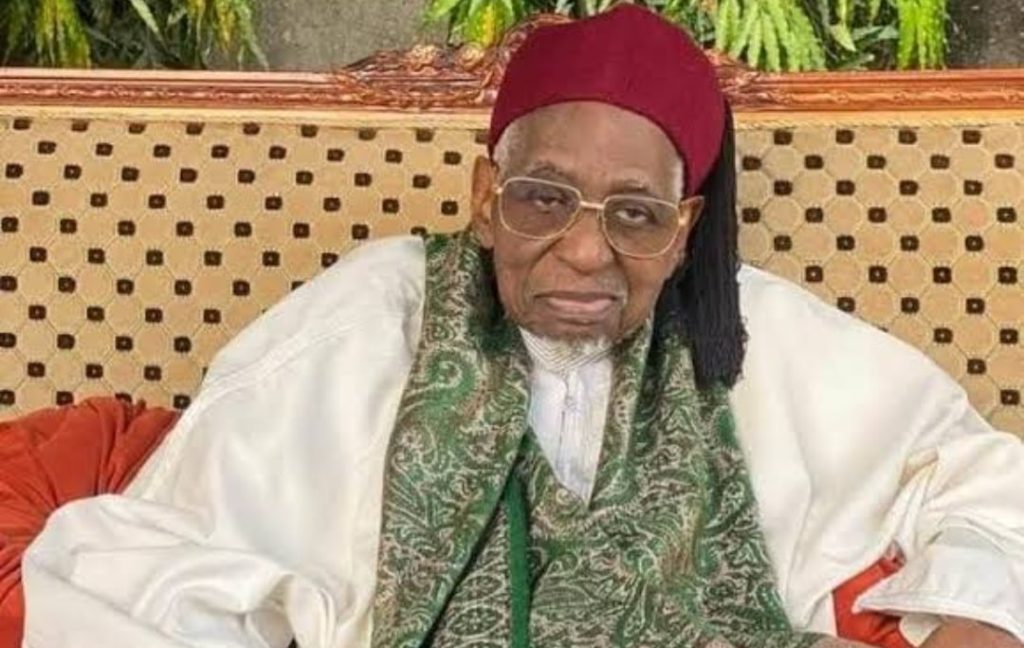In a significant shift in international relations, the United States has suspended all military aid to Ukraine. This decision, announced by a White House official on Monday, is intended to pressure Ukrainian President Volodymyr Zelensky into engaging in peace negotiations with Russia. The move follows a contentious public exchange between President Donald Trump and President Zelensky, highlighting the complexities of the ongoing conflict and international diplomacy.
Background of U.S.-Ukraine Relations
Since Russia’s annexation of Crimea in 2014 and the subsequent escalation in 2022, Ukraine has relied heavily on international support, particularly from the United States, to bolster its defense capabilities. The U.S. has been a significant provider of military assistance, supplying critical weaponry and intelligence support. This aid has been pivotal in Ukraine’s efforts to counter Russian aggression and maintain its sovereignty.
The Oval Office Confrontation
Tensions between the U.S. and Ukraine reached a boiling point during a televised meeting in the Oval Office on February 28, 2025. The meeting, intended to solidify a minerals agreement between the two nations, devolved into a heated exchange. President Trump and Vice President JD Vance criticized President Zelensky, accusing him of being unappreciative of U.S. support and resistant to peace initiatives. The confrontation culminated with the Ukrainian delegation departing abruptly, leaving the proposed agreement unsigned.
Immediate Repercussions
In the wake of the Oval Office incident, President Trump ordered a comprehensive review and immediate suspension of all military aid to Ukraine. A White House official, speaking on condition of anonymity, stated, “The President has been clear that he is focused on peace. We need our partners to be committed to that goal as well. We are pausing and reviewing our aid to ensure that it is contributing to a solution.” This suspension halts the delivery of essential military equipment, including air defense systems and long-range precision strike capabilities, which are vital to Ukraine’s defense strategy.
Domestic and International Reactions
The suspension has elicited strong reactions both domestically and internationally. Congressional Democrats have condemned the move, labeling it dangerous and potentially unlawful. Representative Gregory Meeks, the top Democrat on the House Foreign Affairs Committee, urged his Republican colleagues to join in demanding an immediate reversal of the freeze, emphasizing the potential risks to U.S. national security and global stability.
European allies have expressed deep concern over the U.S. decision. In response, European Commission President Ursula von der Leyen proposed a substantial defense package to support Ukraine, stating, “This [instrument] will help member states to pool demand … .” European nations are now exploring avenues to bolster their own military support … to mitigate the impact of the U.S. suspension.
Kremlin’s Stance
The Kremlin has welcomed the U.S. decision, interpreting it as a potential catalyst for peace negotiations. Kremlin spokesman Dmitry Peskov remarked, “This would probably be the best contribution … .” Russia has also indicated expectations for the U.S. to lift sanctions as part of efforts to normalize relations between Washington and Moscow.
Impact on Ukraine’s Defense and Morale
The abrupt suspension of U.S. military aid poses significant challenges for Ukraine’s defense capabilities. The halted aid includes critical components such as air defense missiles and long-range precision strike systems, which are integral to repelling Russian advances. Ukrainian officials and citizens have expressed feelings of betrayal and concern over their nation’s vulnerability. Oleksandr Merezhko … chair of the Ukrainian parliament’s … described the move as “unbelievable,” highlighting the potential ramifications for Ukraine’s security and sovereignty.
European Response and Support
In light of the U.S. suspension, European leaders convened in London to formulate a coordinated response. Discussions centered on increasing defense spending and providing immediate military assistance to Ukraine. British Prime Minister Sir Keir Star … emphasized the necessity for Europe to enhance its defense capabilities, stating, “We need to step up our own share of the burden to ensure Ukraine has the support it needs.” The European Union proposed a substantial loan package to facilitate defense procurement, aiming to expedite the delivery of military equipment to Ukraine.
Future Prospects for Peace Negotiations
The U.S. administration maintains that the suspension is a strategic move to encourage Ukraine to engage in peace talks with Russia. Secretary of State Marco Rubio expressed hope that the pause in aid would incentivize negotiations, stating, “We want to get the … .” However, Ukrainian President Zelensky has expressed skepticism regarding Russia’s commitment to genuine peace efforts, insisting that robust security guarantees are essential for any meaningful resolution.
Conclusion
The U.S. suspension of military aid to Ukraine marks a pivotal moment in the ongoing conflict, with far-reaching implications for international diplomacy and regional stability. As Ukraine grapples with the immediate challenges posed by the aid freeze, the international community watches closely, weighing the prospects for renewed peace negotiations against the backdrop of shifting alliances and geopolitical strategies. The coming weeks will be critical in determining whether this move will lead to a de-escalation of the conflict or further entrench existing divisions.













